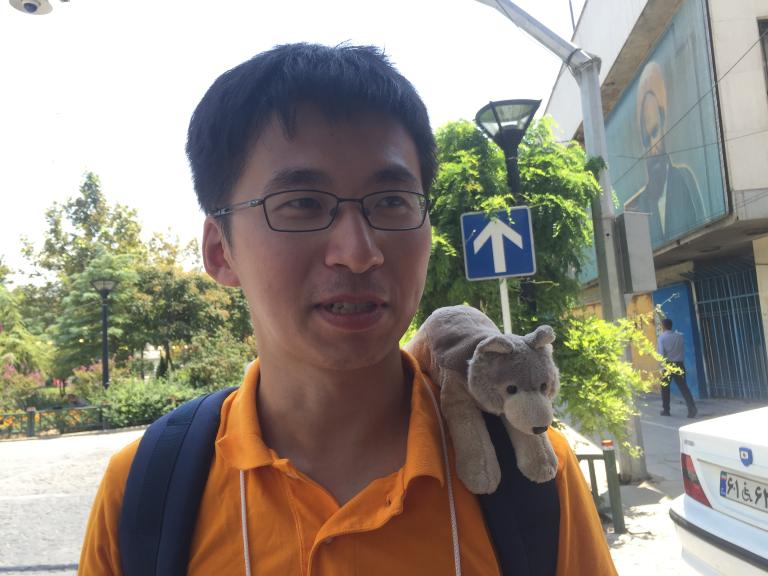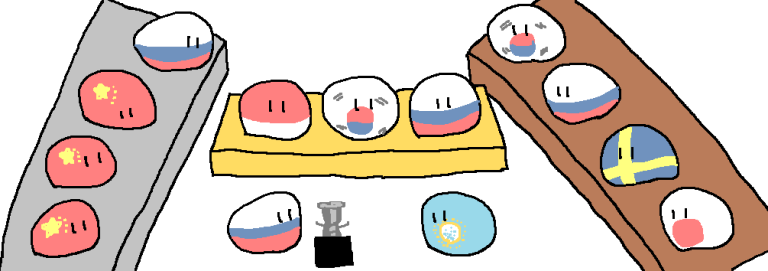As I mentioned a few years ago, I make Youtube videos for explaining algorithms and contest techniques (and for me, practicing spoken English). Channel
Recently, after a long break, I restarted making lecture videos on Youtube (I am aiming at posting 1-2 videos per week). I am also posting the upsolving videos of AtCoder Beginner Contests as well. However, I am not sure what algorithms many competitive programmers are curious about.
So this time, I am open for requests: which topic do you want me to explain? Of course, I cannot do everything, there are time constraints and limitations of my ability. However, speaking of algorithms and techniques on programming contests, I have experience and knowledge in each topic as much as I can become a red coder in Codeforces + AtCoder + TopCoder.
Feel free to comment down below. I will try to pick some popular topics from here. (Also I can review onsite contests or reference books or reading weird comments on Codeforces just for fun. I'd appreciate requests for these sections as well :P )
Update: As I have received a lot about dynamic programming (and somehow my DP videos got more attention than others), I'm currently posting Educational DP Contest commentary & implementation one by one as my daily routine. (26 problems in 26 days)












